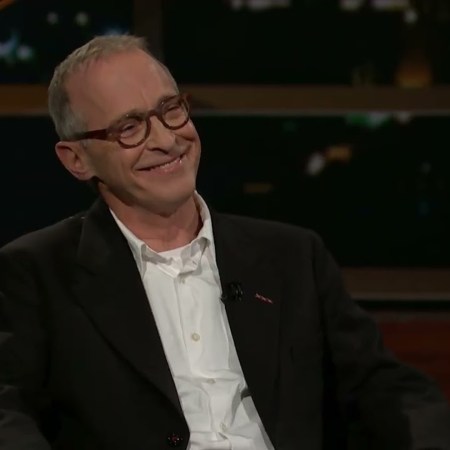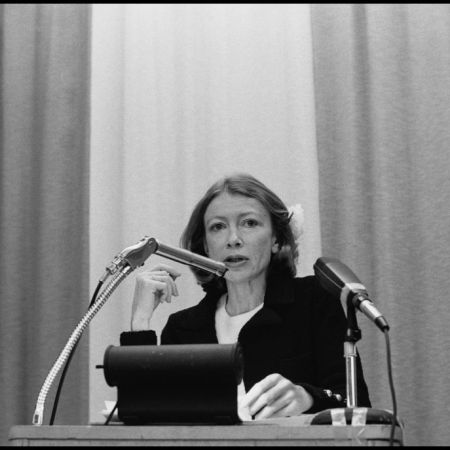In a 1966 interview with George Plimpton, Truman Capote made a comment that seems especially impactful over 50 years later. The subject was his book In Cold Blood, and Capote stated that he saw it as indicative of a larger trend in literature. “It seemed to me that journalism, reportage, could be forced to yield a serious new art form: the ‘nonfiction novel,’ as I thought of it,” he said.
At a time when debates linger over autofiction and subjective truths, the influence of Capote and the writers he went on to cite in the interview — the likes of Rebecca West, Joseph Mitchell and Lillian Ross — is undeniable. And that’s not the only way that Capote’s areas of interest have become part of the quotidian — consider, for instance, the modern fascination with power and fame, both of which Capote explored in both his writing and his life.
Writing at Hyperallergic, Justine Smith has details on a new documentary, The Capote Tapes, which offers an unexpected portrait of the influential writer. As Smith notes, the documentary has a long history: following Capote’s death in 1984, Plimpton gathered interviews with the people who knew Capote best. Filmmaker Ebs Burnough used those recordings as the basis for the new film.
“Capote is a fascinating mix of tough and gentle, small and grand,” Burnough told Hyperallergic in an interview. “He’s got it all.” Can the life of one writer also encompass the evolution of celebrity, sexuality and literature? For Capote, who brought all of those elements together, it just might be the case.
Thanks for reading InsideHook. Sign up for our daily newsletter and be in the know.


















